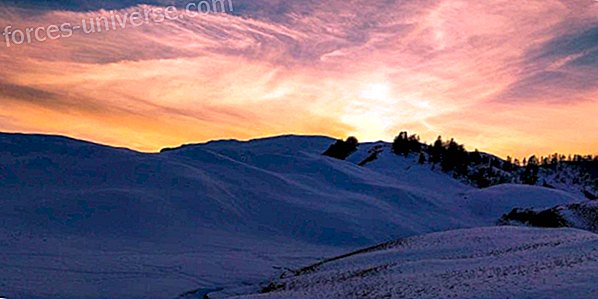Inauguration of the I Euro-American Euro Meeting of educational and cultural TV
- 2010

Adriana P rez Pesce 12/5/10 In the Category Education and culture
Organized by the Association of Ibero-American Educational and Cultural Televisions (ATEI) and Radio Televisi n de Andaluc a (RTVA), the I Ibero-American Euro Meeting of Educational and Cultural Televisions begins with the city of Seville objective of bringing together producers and broadcasters of educational and cultural programming, mainly from public chains.
Among others, the channel Arte (Germany-France), ARD (Germany), ORF (Austria), TV5 (France), RAI (Italy), RTP (Portugal), BBC (United Kingdom), NORDIVISION Consortium ( Denmark, Finland, Norway, Sweden and Iceland), RTVE of Spain, EITB (Basque Country), TV3 (Catalonia), RPTA (Principality of Asturias) and CEXMA (Extremadura) and the Meeting Channel (Argentina), TV Cultura (Brazil), Ser TV (Panama), Vale TV (Venezuela) and the Mexican TV UNAM, Channel 22 and Canal Once, of Latin America.
In this way, the agreements resulting from the meeting, in terms of audiovisual co-production, exchange and training, will have an estimated reach of 1, 050 million people on both continents. According to studies by the ATEI, public television in the 20 countries of Latin America represents an estimated audience of 550 million people, to which the 500 million viewers of the 50 European countries.
The head of Communication ATEI, Juan Castro, has maintained an interview with Positive News in which he explains in detail the scope of the meeting:
Positive News: How was the idea of organizing the meeting born?
Juan Castro: It arises from ATEI after a meeting with the Presidency of the Government, where we mature the idea of an educational and cultural TV event that would bring together televisions from both sides - within the framework of the events planned during the semester of the Spanish Presidency of the European Union - and that its results will give rise to cooperation both in co-production and in professional exchange. This is an opportunity for intercultural dialogue and for human development, as the report of the United Nations Development Program (UNDP) suggests, promotes freedom and cultural diversity that enriches the lives of people.
N +: What mission does the conference have?
JC: The main objective is to ensure the generation of cooperation spaces between Europe and Ibero-America in the field of public service TV. And in this context, contribute to the promotion of diversity and cultural pluralism between European and Latin American societies, based on the work of public service televisions and specifically their educational and cultural content. Agree on permanent mechanisms to cooperate, exchange information, knowledge, experiences, programs and develop joint projects. Promote the implementation of co-production projects and strengthen the linkage of Ibero-American and European programming grids in relation to cultural and educational content.
N +: Is it an open character event?
JC: The call for the meeting is focused on public and non-public TV services in Europe and Latin America but of a cultural or educational nature. For those interested, the results and agreements will be published online.
N +: What evaluation do you make of the current situation of educational and cultural television in Spain and Latin America?
JC: Considering the standard television model, built around the advertising market, the technological conversion from analog to digital brings out a new scenario: it is time to think about other models for television that live with the current model, where the Final beneficiary must be the citizen.
The TV model we produce must be based on three fundamental values: respect for cultural diversity; clarity, since TV must be an instrument for intelligence; and last but not least, ethics, that is, that the work of television should not be guided or legislated only by the laws of the market but should build citizenship and establish values.
So, the challenge of the current situation of television is that television itself is the platform for public debate in which active citizens with critical capacity have the possibility to choose what is useful to them from television discourse and who want to participate and transform society
N +: Do you think that the managers of the communication companies support the inclusion of this type of topics?
JC: Increasingly, educational and cultural TV has a place in the channel programming grills. Examples of the experience of Canal Encuentro, in Argentina or of the same TVE, that gives us a worldwide broadcasting space, through its International Channel and in Spain through the 24-hour Channel, example followed by Canal Sur which broadcasts the informative NCI Iberoamerican Cultural News daily for all Andalusia.
N +: Can you give us an announcement that is going to be published during the day today?
JC: The proposal to create a Euro-Ibero-American “map of excellence” for the realization of internships and professional exchange stays between participating televisions, with specialized offers in each area of audiovisual content production.
CONTACT INFORMATION:
www.atei.es
http://encuentrotv.wordpress.com/






